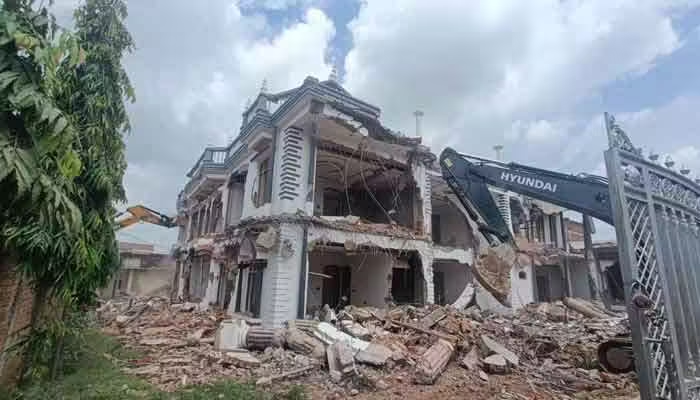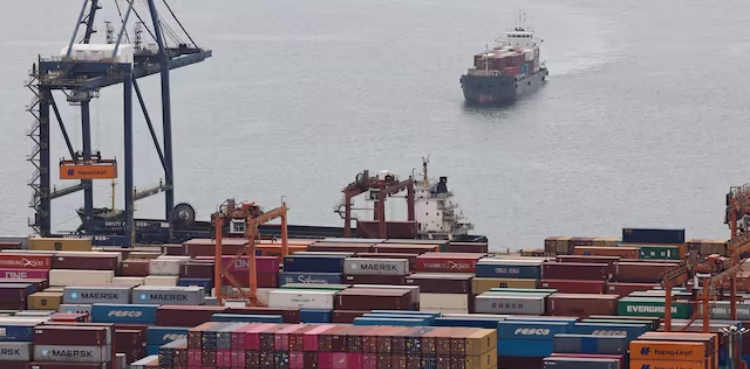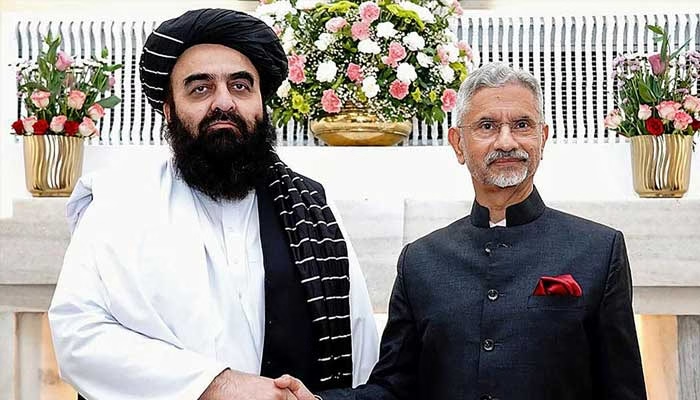In recent weeks, India has witnessed a troubling escalation of religious tensions following the derogatory remarks made by a Hindu extremist sadhu, Mahant Ramgiri Maharaj, against Islam and the Prophet Muhammad (PBUH). The inflammatory statements, delivered during a speech in Pancholi village of Nashik district in Madhya Pradesh, have sparked widespread outrage among the Muslim community, leading to significant protests. The situation highlights the fragile state of communal relations in India, where religious sentiments are easily inflamed, often leading to violence and state-sanctioned actions against minority communities.
The Incident and Initial Reactions
The controversy began when Mahant Ramgiri Maharaj, a Hindu religious leader, reportedly used offensive language against the Prophet Muhammad (PBUH) during his speech. This deeply hurt the sentiments of Indian Muslims, who constitute a significant minority in the country. The speech led to protests, particularly in the Chhatarpur district of Madhya Pradesh, where the Muslim community demanded strict action against the sadhu.
However, rather than addressing the root cause of the unrest—namely, the offensive speech—the local administration seemed to focus more on quelling the protests. Reports suggest that during the protests, some angry demonstrators stormed a police station, leading to injuries among police officers. This incident provided the authorities with a pretext to launch a crackdown on the protesters, further aggravating the situation.
State Response and Targeting of Muslim Leaders
The response of the Madhya Pradesh government, led by Chief Minister Mohan Yadav, has been widely criticized for its perceived bias. Instead of taking swift action against Mahant Ramgiri Maharaj, the administration targeted the protesting Muslims. In a particularly controversial move, the government demolished the home of Haji Shiraz Ali, a prominent Muslim leader and former Congress vice-president in Chhatarpur. The authorities claimed that the house was illegal, but many see this as a punitive action designed to intimidate and silence Muslim leaders who speak out against injustice.
This act of demolishing Ali’s house with heavy machinery has drawn comparisons to previous instances where the Indian government has been accused of using administrative measures to target and punish Muslim activists and leaders. Such actions have only fueled further resentment and mistrust between the Muslim community and the state.
Legal Actions and Continued Tensions
The police have registered cases against 150 individuals, including 46 named suspects, and detained 20 people for their alleged involvement in the protests. Despite multiple complaints from Muslims, the sadhu responsible for the inflammatory remarks has not yet been arrested. The delay in arresting Mahant Ramgiri Maharaj has been perceived by many as a sign of the government’s unwillingness to hold Hindu extremists accountable, further eroding the rule of law and exacerbating communal tensions.
This situation is emblematic of a broader pattern in India, where religious minorities, particularly Muslims, often find themselves on the receiving end of state action, even when they are the aggrieved party. The slow or non-existent response to Hindu extremist actions, coupled with swift and often harsh measures against Muslim protesters, reflects a deep-seated bias that many critics argue is becoming institutionalized under the current government.
The ongoing situation in Madhya Pradesh is a stark reminder of the precarious state of religious harmony in India. The failure to address the root causes of such tensions—namely, the inflammatory rhetoric of religious extremists—and the disproportionate state response against minority communities, risks further destabilizing the social fabric of the country. If left unchecked, these actions could lead to a cycle of violence and repression that would be difficult to reverse.
For India to maintain its democratic values and social stability, it is crucial that all citizens, regardless of their religion, are treated equally under the law. This includes taking swift and appropriate action against those who incite violence and hatred, while ensuring that the rights of protesters are respected. Only through such measures can India hope to prevent the further escalation of communal tensions and build a more inclusive and peaceful society.



